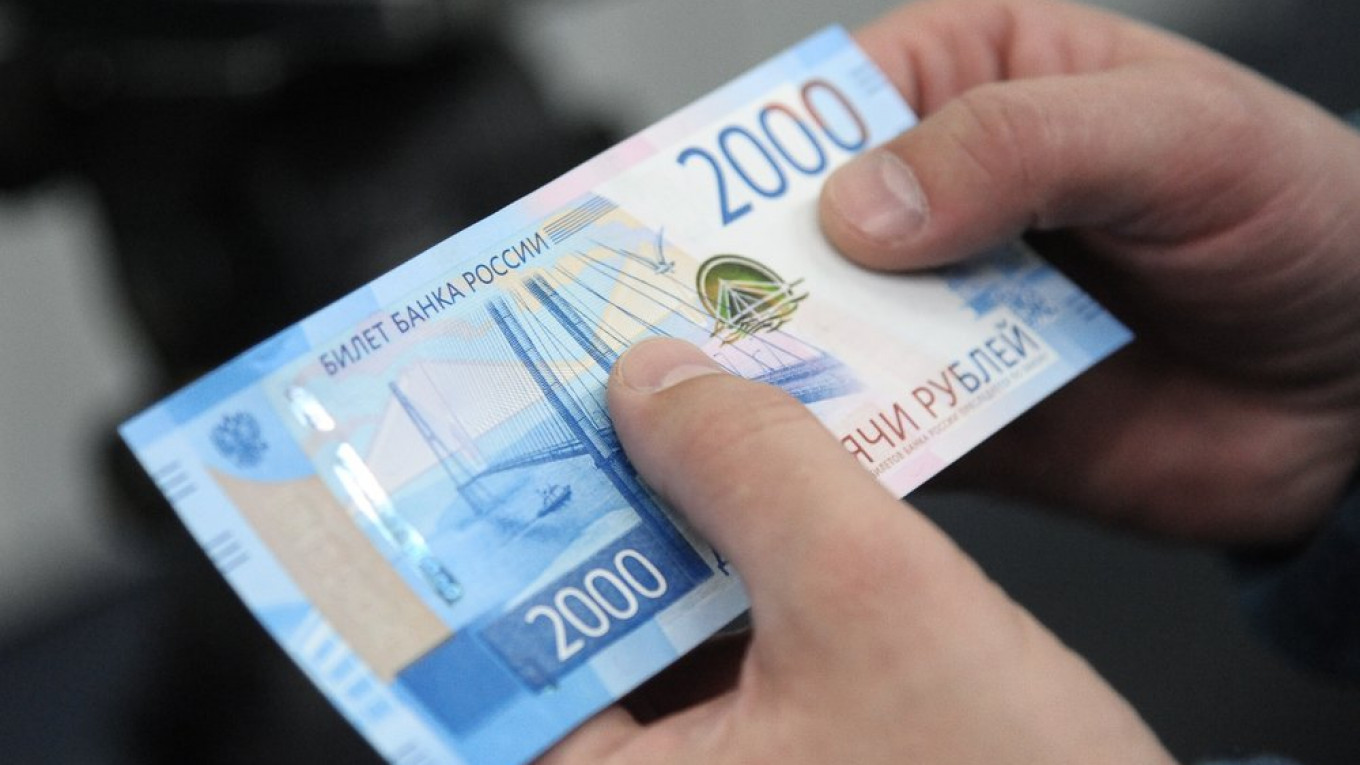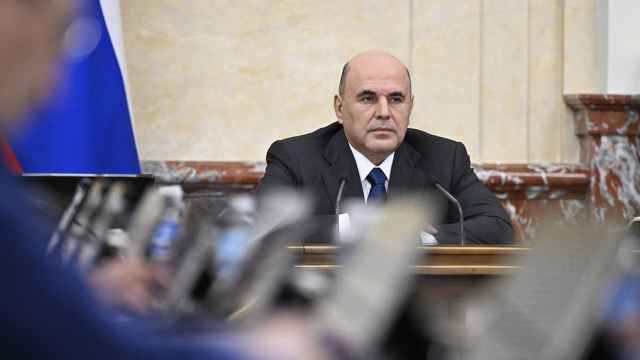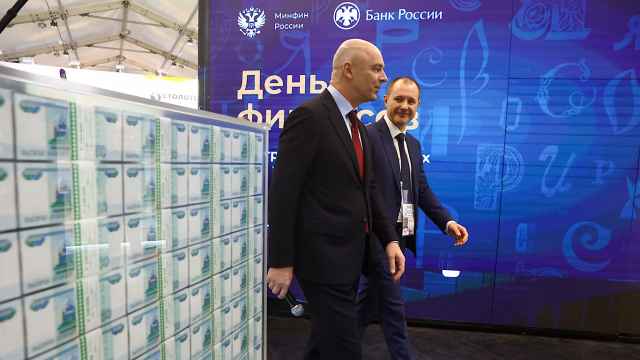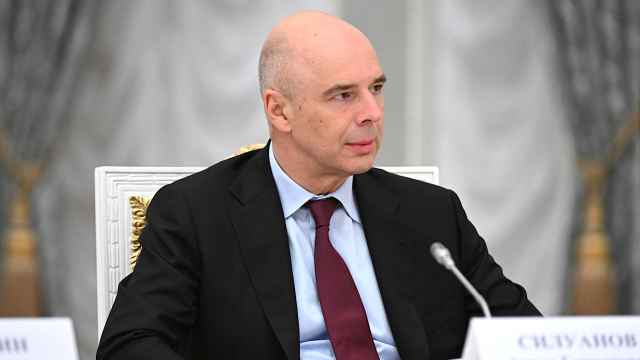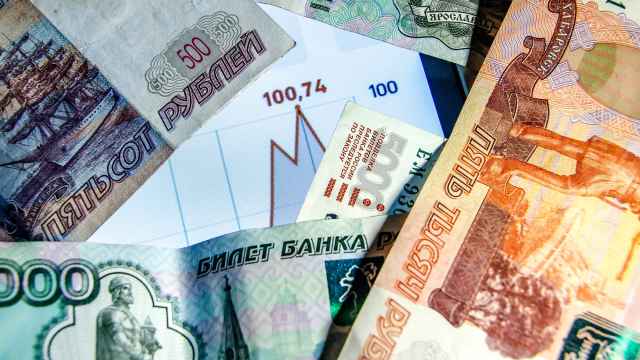Russia is considering a tax hike for top earners to help cover the costs of the coronavirus pandemic and patch a hole in the government’s revenues.
The plans could see a new 15% income tax rate introduced for those earning more than 2-3 million rubles ($29,000-42,000) annually, Forbes Russia reported Wednesday evening, citing government sources.
Russia currently has a flat rate of income tax, set at 13%.
President Vladimir Putin’s spokesperson Dmitry Peskov confirmed Thursday that authorities are discussing various options for raising taxes on wealthy Russians, but no decision has yet been taken. Russia has repeatedly mulled the idea of introducing a progressive income tax in recent years, but never gone ahead with the move.
“This is not the first time a shift to a de facto progressive personal income tax scale is being discussed … the Covid-19 outbreak may have catalyzed the earlier inclinations,” said ING economist Dmitry Dolgin.
The Russian government is set to run a budget deficit for the first time in three years in 2020, with spending outrunning income by as much as 5% of GDP.
Around 5% of Russians would fall into the new top income bracket, ING calculated, and an extra 150 billion rubles ($2.2 billion) could be raised through the move. The Finance Ministry is reportedly against changing the system, believing the extra administration around ditching a simple flat tax system is not worth such a modest increase in revenues. Russians currently pay around 4 trillion rubles ($57 billion) in income tax every year.
Commentators also pointed to the upcoming national referendum on controversial changes to the Russian Constitution which would enable Putin to stay in power until 2036 as a potential factor.
In his first address to the nation following the outbreak of the coronavirus, Putin signaled that rich Russians and foreign businesses would be asked to shoulder the costs for fighting the virus through higher tax rates on large bank deposits and corporate dividend payments which are sent abroad. Critics condemned the moves as populist at the time.
“The timing of the media leak — during the post-lockdown [period], which may have disproportionately affected the lower-income households, recovery and ahead of the national vote on the constitutional amendments — makes it unclear whether it is intended as an actual tool of economic policy,” said Dolgin.
A Message from The Moscow Times:
Dear readers,
We are facing unprecedented challenges. Russia's Prosecutor General's Office has designated The Moscow Times as an "undesirable" organization, criminalizing our work and putting our staff at risk of prosecution. This follows our earlier unjust labeling as a "foreign agent."
These actions are direct attempts to silence independent journalism in Russia. The authorities claim our work "discredits the decisions of the Russian leadership." We see things differently: we strive to provide accurate, unbiased reporting on Russia.
We, the journalists of The Moscow Times, refuse to be silenced. But to continue our work, we need your help.
Your support, no matter how small, makes a world of difference. If you can, please support us monthly starting from just $2. It's quick to set up, and every contribution makes a significant impact.
By supporting The Moscow Times, you're defending open, independent journalism in the face of repression. Thank you for standing with us.
Remind me later.


